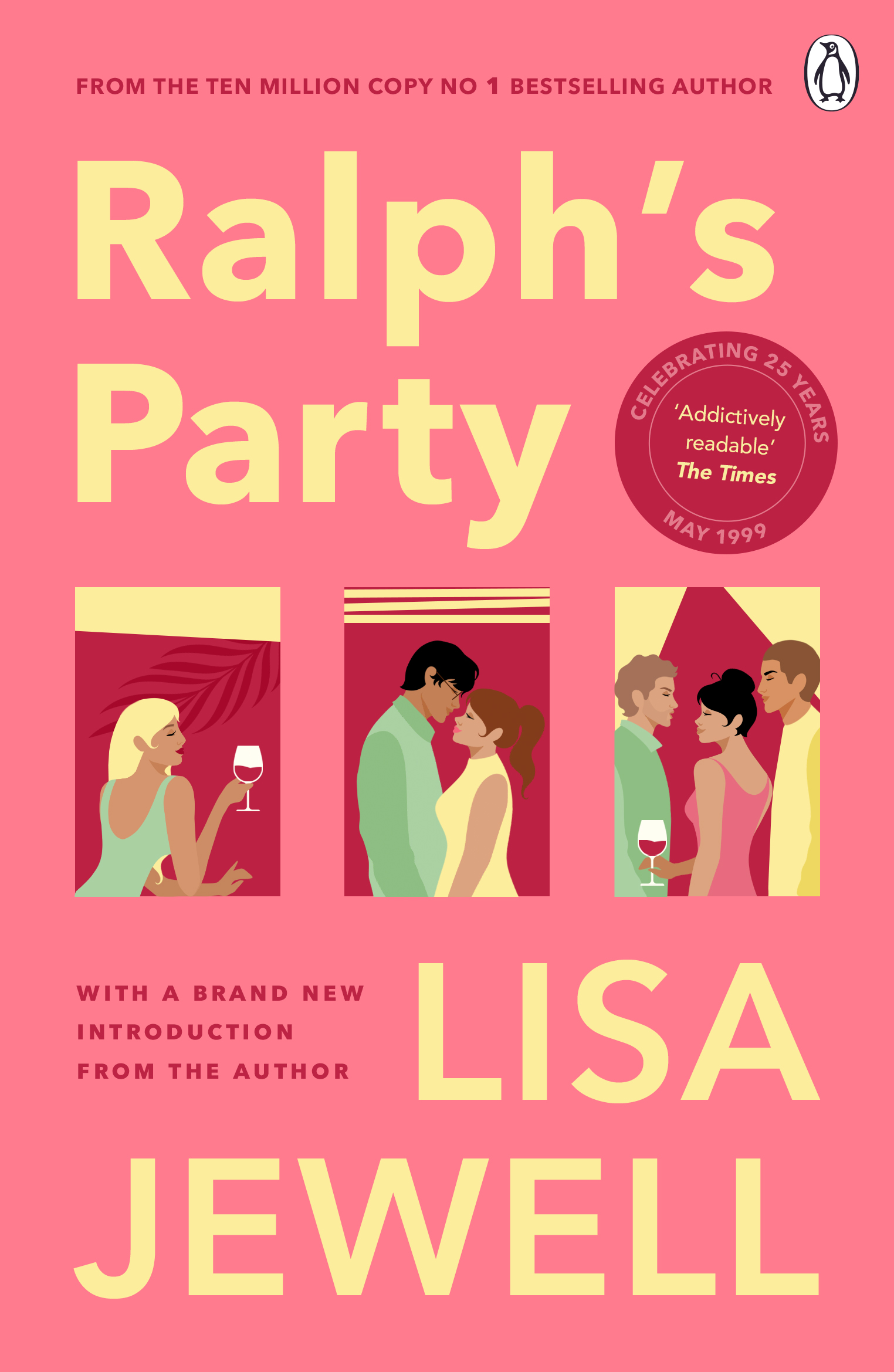The Thousand Autumns of Jacob de Zoet: Longlisted for the Booker Prize

As seen:
By David Mitchell
avg rating
1 review
‘ONE OF THE MOST BRILLIANTLY INVENTIVE WRITERS OF THIS, OR ANY, COUNTRY’ INDEPENDENT
Shortlisted for the James Tait Black Memorial and Commonwealth Writers’ Prizes
‘Thrillingly suspenseful’
SUNDAY TIMES
‘Stunning’
INDEPENDENT ON SUNDAY
‘Brilliant’
THE TIMES
‘Entirely original’
OBSERVER
‘A classic’
WASHINGTON POST
The Sunday Times Number One bestseller from the author of Cloud Atlas and Utopia Avenue
In your hands is a place like no other: a tiny, man-made island in the bay of Nagasaki, for two hundred years the sole gateway between Japan and the West. Here, in the dying days of the eighteenth century, a young Dutch clerk arrives to make his fortune. Instead he loses his heart.
Step onto the streets of Dejima and mingle with scheming traders, spies, interpreters, servants and concubines as two cultures converge. In a tale of integrity and corruption, passion and power, the key is control – of riches and minds, and over death itself.
PRAISE FOR DAVID MITCHELL
‘A thrilling and gifted writer’
FINANCIAL TIMES
‘Dizzyingly, dazzlingly good’
DAILY MAIL
‘Mitchell is, clearly, a genius’
NEW YORK TIMES BOOK REVIEW
‘An author of extraordinary ambition and skill’
INDEPENDENT ON SUNDAY
‘A superb storyteller’
THE NEW YORKER
Reviews
St Just Thursday Evening Reading Group 6th February 2020.
The thousand autumns of Jacob de Zoet. David Mitchell.
Some of the group found this a hard book to read, especially at the beginning, and the Dutch and Japanese names were also difficult to memorise. However those who finished it, on the whole, thought it was good, and one or two were particularly impressed with it.
Those who liked it commented on the remarkable sense of time and place that the book evoked, particularly the descriptions of the cold in northern Japan; the gritty realism of the characters' bodily functions and the way the places smelled; and the way that the ending was handled without triteness. They also said that they had learned a lot about the Dutch East India Company and its demise.
Adverse criticisms were that it was too verbose, contained too many characters, and much of the narrative could have been usefully left out.
We discussed the themes of cultural collision and misunderstanding that the book brings up; slaves and their rights or lack of them; the atrocities at the monastery, and the issue of science versus superstition; and the various genres that the book represents: historical novel, romance, action novel, literary fiction. Comparisons were drawn with Jessie Burton's The Miniaturist.
This was a long book and requires quite a lot of reader input, we thought. It's very rewarding, but it does need time and application!






